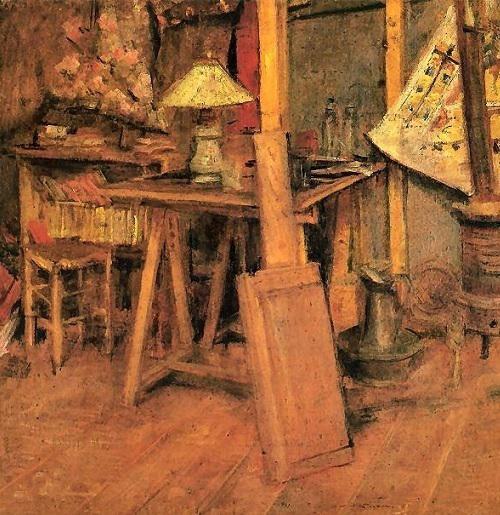The Good Divorce vs. The Great Divorce
A Review of Trevor Jimenez’s Weekends.
Your web browser is out of date. Update your browser for more security, speed and the best experience on this site.
Update your browser
Through reviews and longer articles, ArteFact keeps a finger on the pulse of how our culture is reflecting on itself.
Film Fiction Theatre Music PoetryA Review of Trevor Jimenez’s Weekends.
A Review of Ann Patchett's The Dutch House.
A Review of Netflix's Messiah.
A Review of Greta Gerwig's Little Women (2019).
A Review of Terrence Malick's A Hidden Life (2019).
A Review of Paul Mazursky's Tempest (1982).
A Review of John Krasinski's A Quiet Place (2018).
The award-winning original Netflix series, Stranger Things, recently had fans glued to their laptops when all eight episodes of Season 3 were released online on the Fourth of July 2019. It has to be said, the series is not for the faint of heart.
In Paula Huston’s novel A Land Without Sin, it is 1993 in the war-torn jungles of Central America, and Eva Kovic is looking for her lost brother.
Lucy Beckett’s novel The Time Before You Die: A Novel of the Reformation effectively conveys a queasy, uncomfortable immediacy to the whiplash-inducing movements of the Reformation and Counter-Reformation, and subsequent backlash against the Counter-Reformation, in England in the 16th and 17th centuries. Several centuries later, Philip Trower’s A Danger to the State depicts the consequences of the Reformation in the full bloom of the Enlightenment - one of which is that religious truths increasingly serve politically expedient realities.